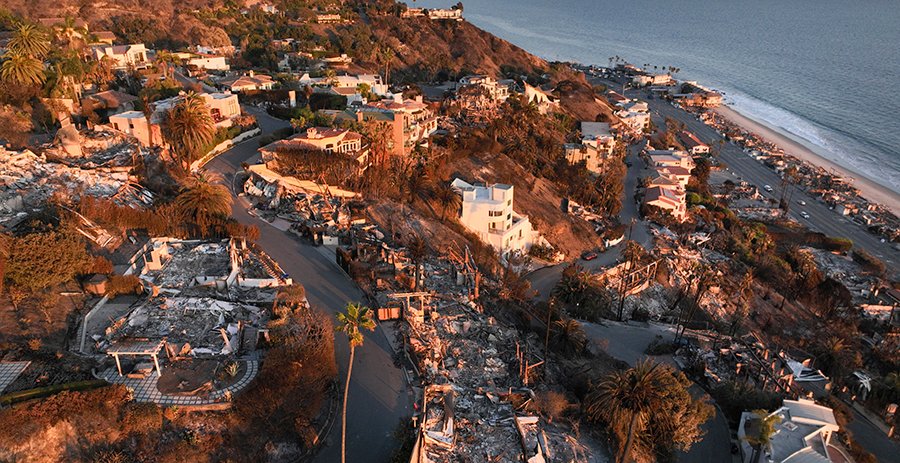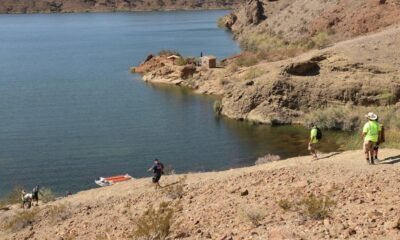Alexander Kolodin
House Passes Groundbreaking Bill Mandating Wildfire Prevention Plans for Arizona Utilities

Utility providers in Arizona may soon be mandated to develop wildfire prevention plans following the House approval of HB2201 on February 25. This legislation received a second chance after initially failing due to concerns about its impact on utility liability during wildfires, ultimately passing with a vote of 35-25.
If the Senate gives its nod, the bill will obligate electric utilities to establish comprehensive wildfire mitigation strategies. Key components of these plans will include thorough inspections for wildfire hazards, procedures for shutting down power lines during high-risk conditions, community outreach initiatives, and mechanisms for ensuring compliance with the established plans.
“If the electric company is at fault, they are liable,” stated the bill’s sponsor, Rep. Gail Griffin, R-Hereford. “This legislation aims to safeguard lives, properties, and protect ratepayers.”
The impetus for HB2201 can be traced back to the catastrophic wildfires in Southern California, which devastated thousands of structures and vast expanses of land in Los Angeles County. After an initial hesitation, lawmakers rallied around the bill following amendments designed to address concerns regarding litigation against utility firms.
Rep. Neal Carter, R-San Tan Valley, played a crucial role by removing controversial provisions that would have restricted class action lawsuits targeting power companies in the wake of wildfires. He argued that the complex legal landscape in California is ill-suited for Arizona, leading to increased rates for consumers as power companies become overly cautious.
“Civil lawsuits drive up costs for consumers and make power companies hesitant to keep the grid activated during adverse weather,” Carter commented. This legislative effort is an attempt to strike a balance between ensuring public safety and maintaining reliable power supply.
Additionally, the bill modifies the evidentiary standard required for plaintiffs suing power companies, raising it to “clear and convincing evidence.” This standard is more stringent than that typically used in civil lawsuits but less so than the “beyond a reasonable doubt” threshold in criminal cases. “It shifts the burden onto the plaintiff to prove the company was negligent,” Carter explained.
However, resistance persists. Several members of the Arizona Freedom Caucus voted against the measure, including Rep. Alexander Kolodin, R-Scottsdale. Kolodin argued that the core issues of the bill remain unchanged since its initial defeat.
Kolodin proposed an amendment to eliminate the heightened evidentiary standard, but it ultimately failed. Rep. Justin Olson, R-Mesa, was among those who expressed reservations without the Kolodin amendment, citing his unique experience on the Arizona Corporation Commission.
Despite the opposition, the mandatory wildfire mitigation plans garnered support from some Democrats, who see it as a step toward enhancing Arizona’s wildfire prevention capabilities. If approved, utility companies will need to submit these plans to the Corporation Commission by May 1, 2026, with subsequent submissions required every even-numbered year.

















